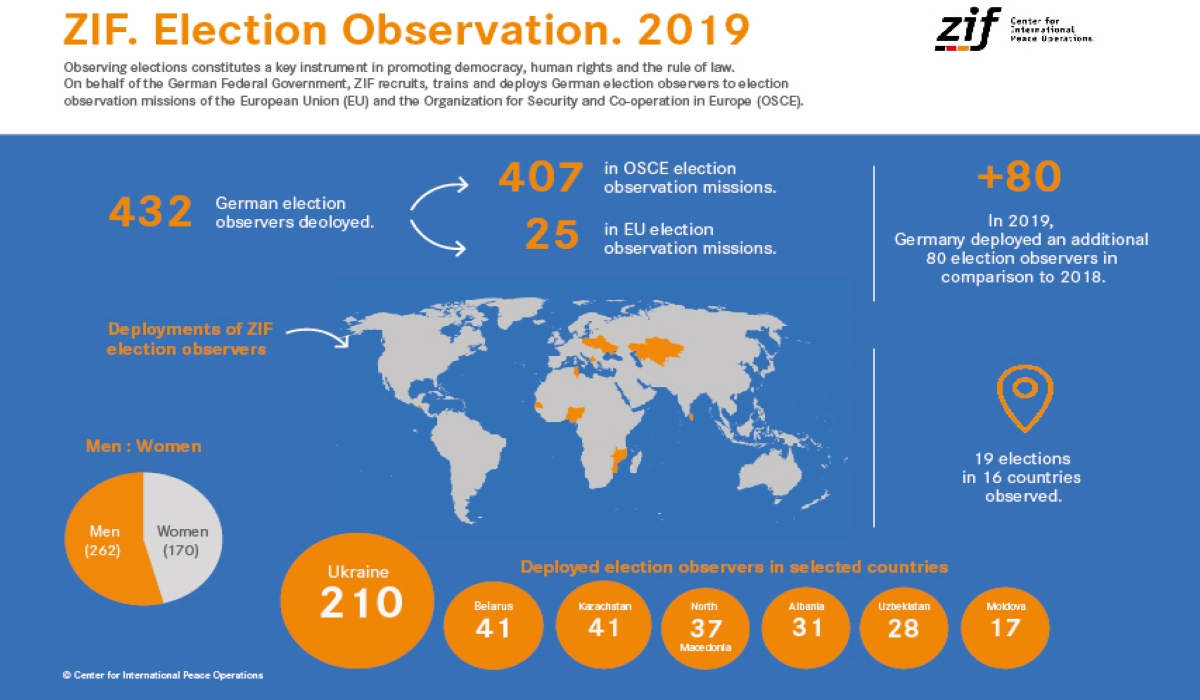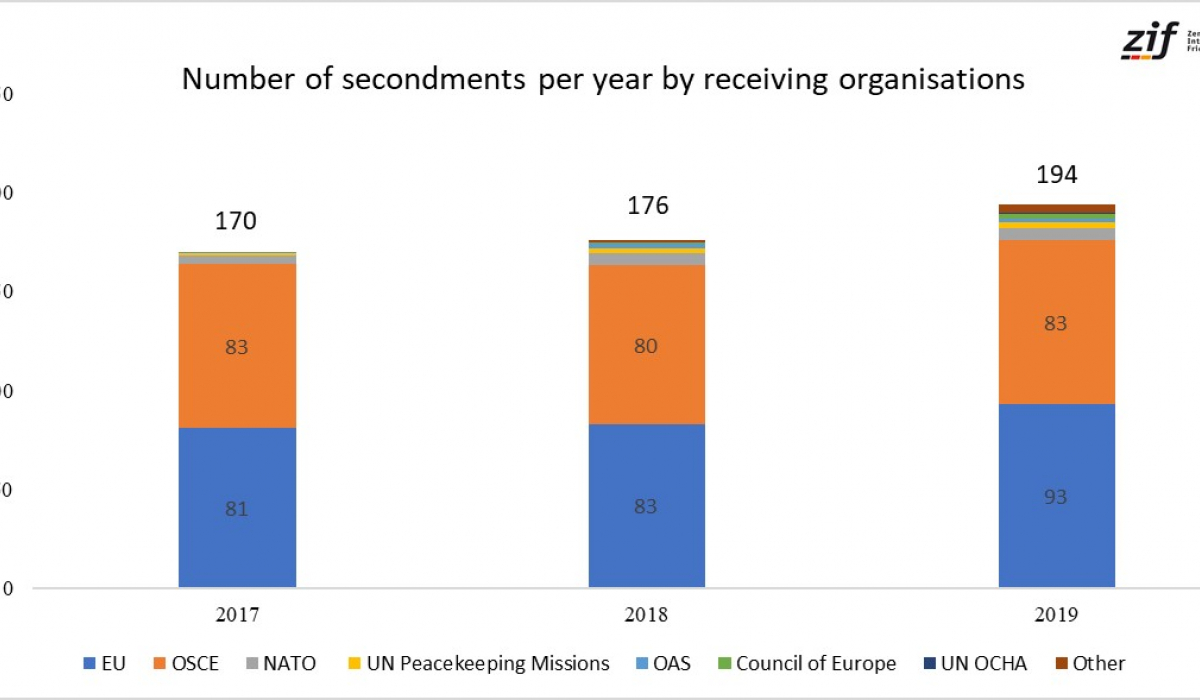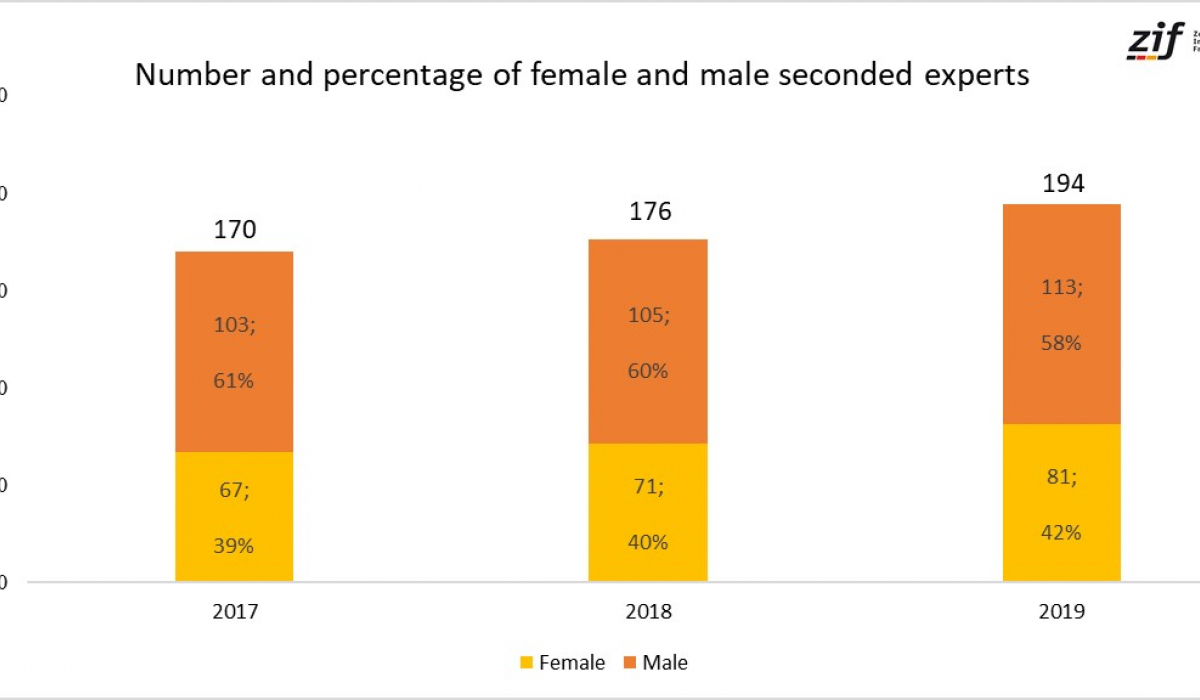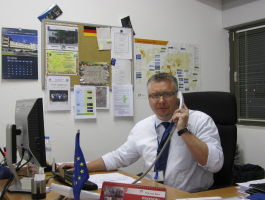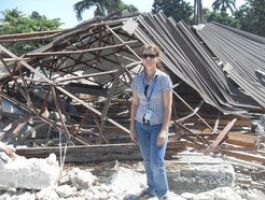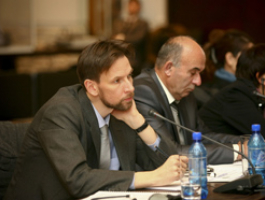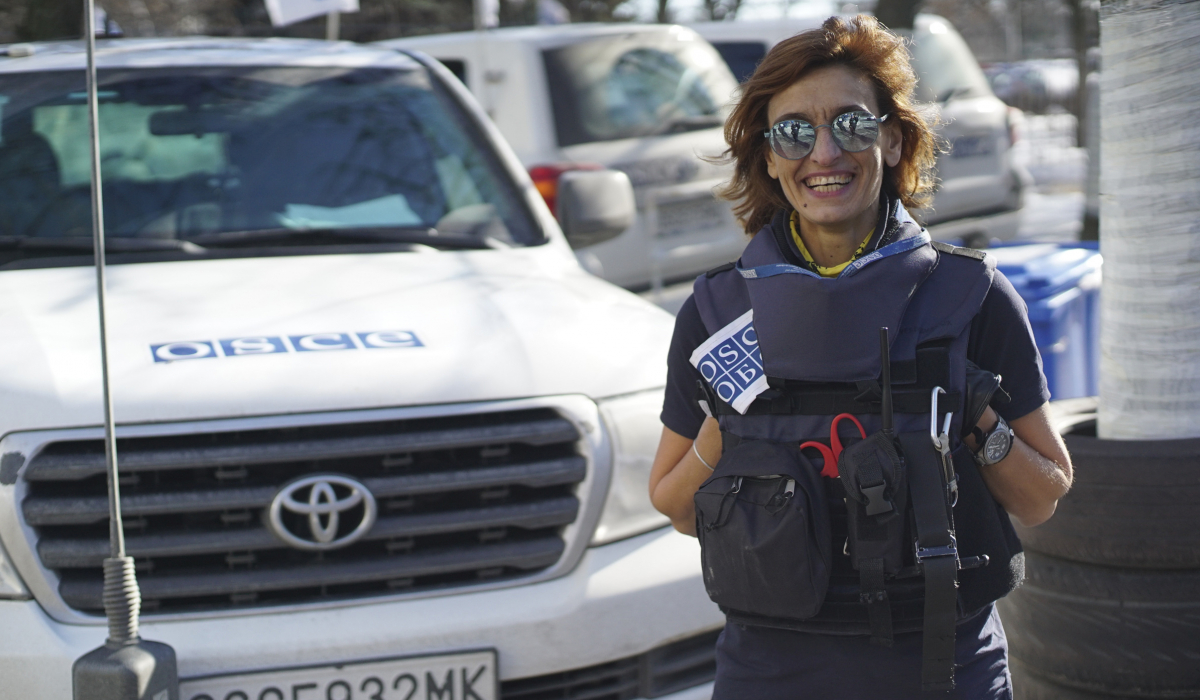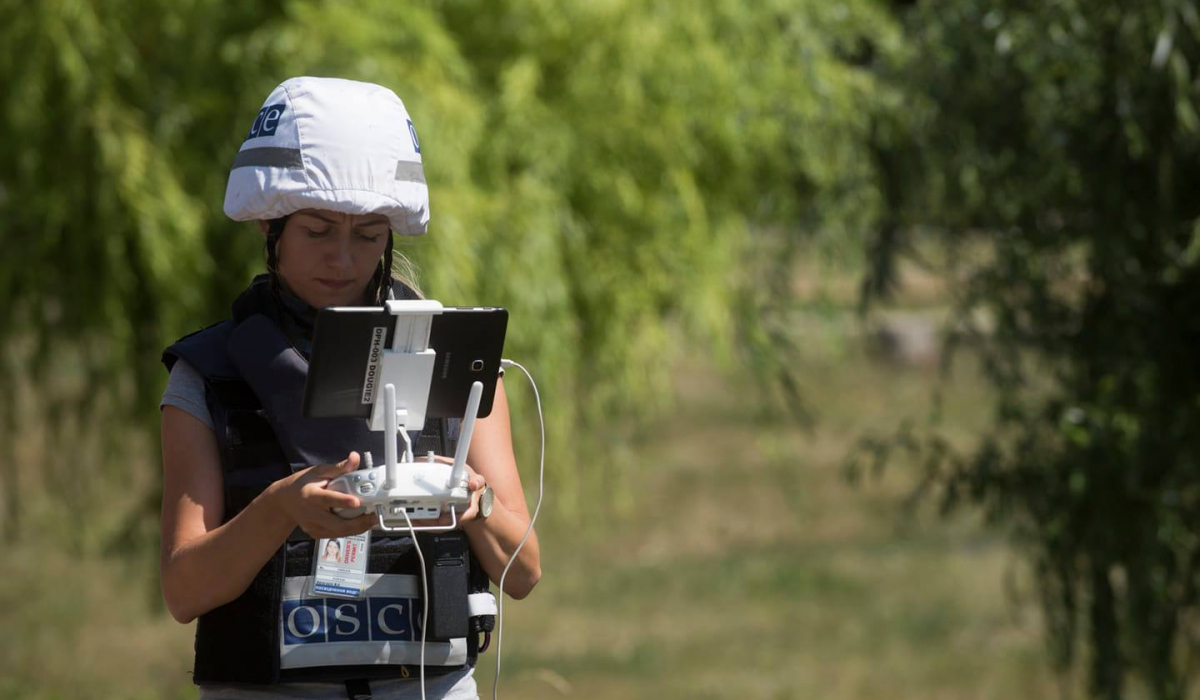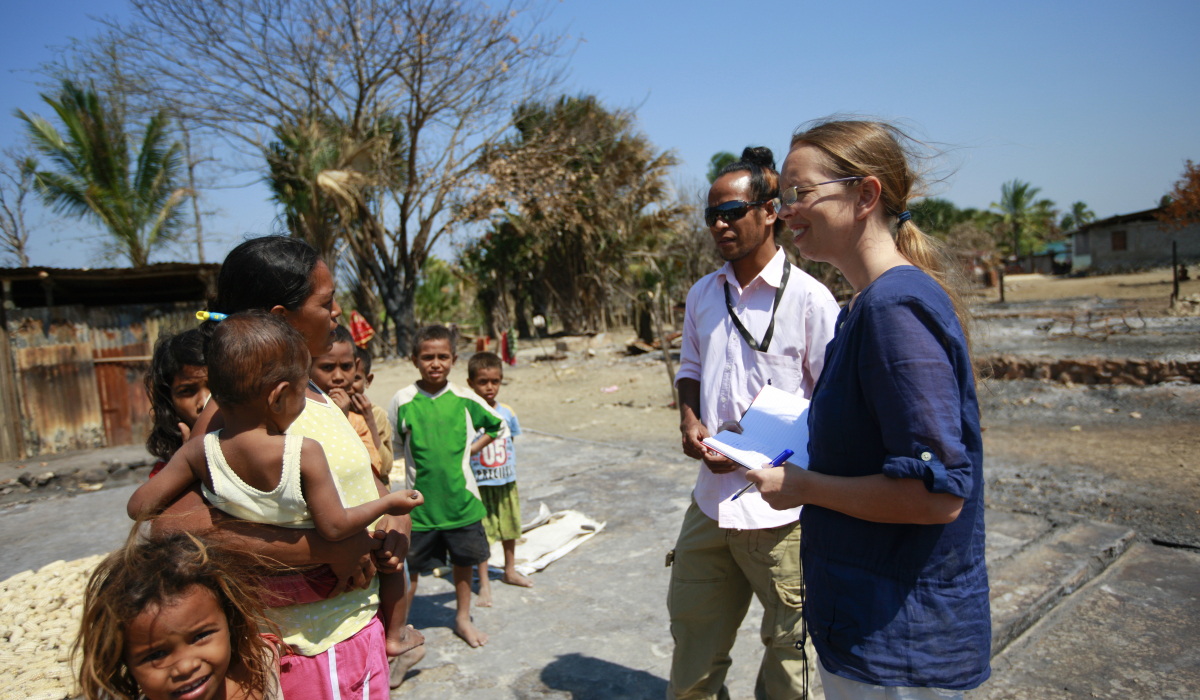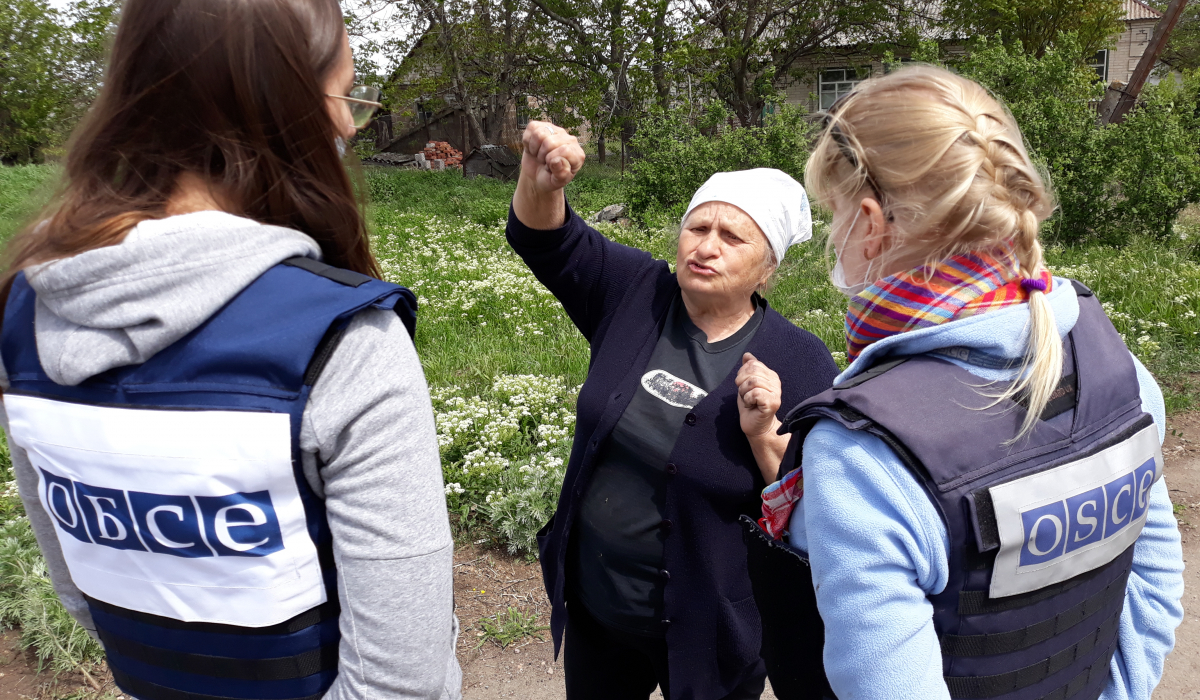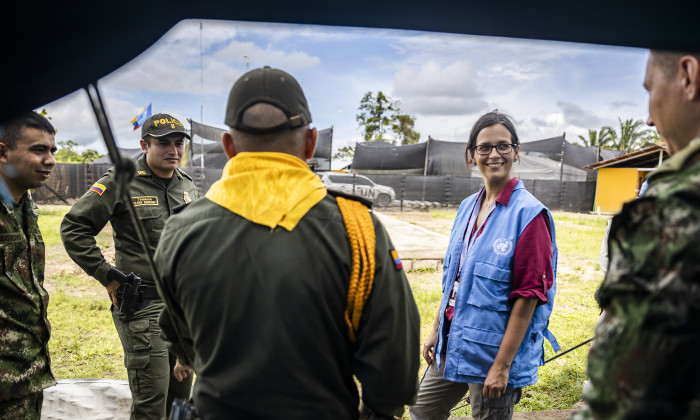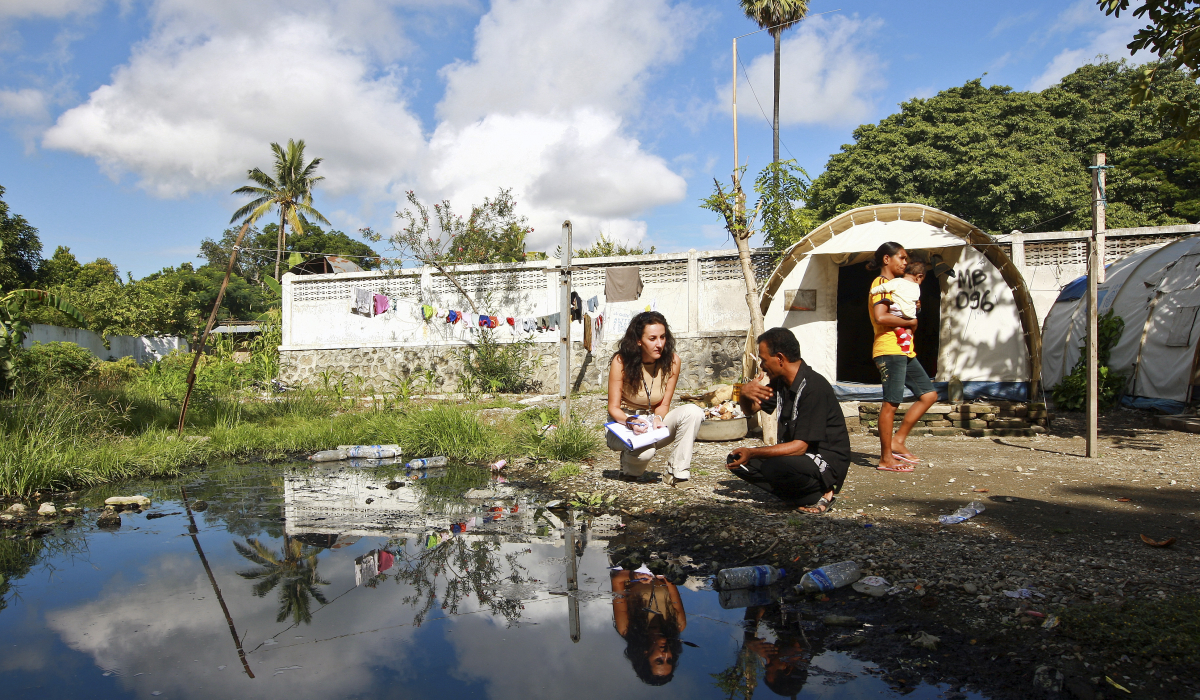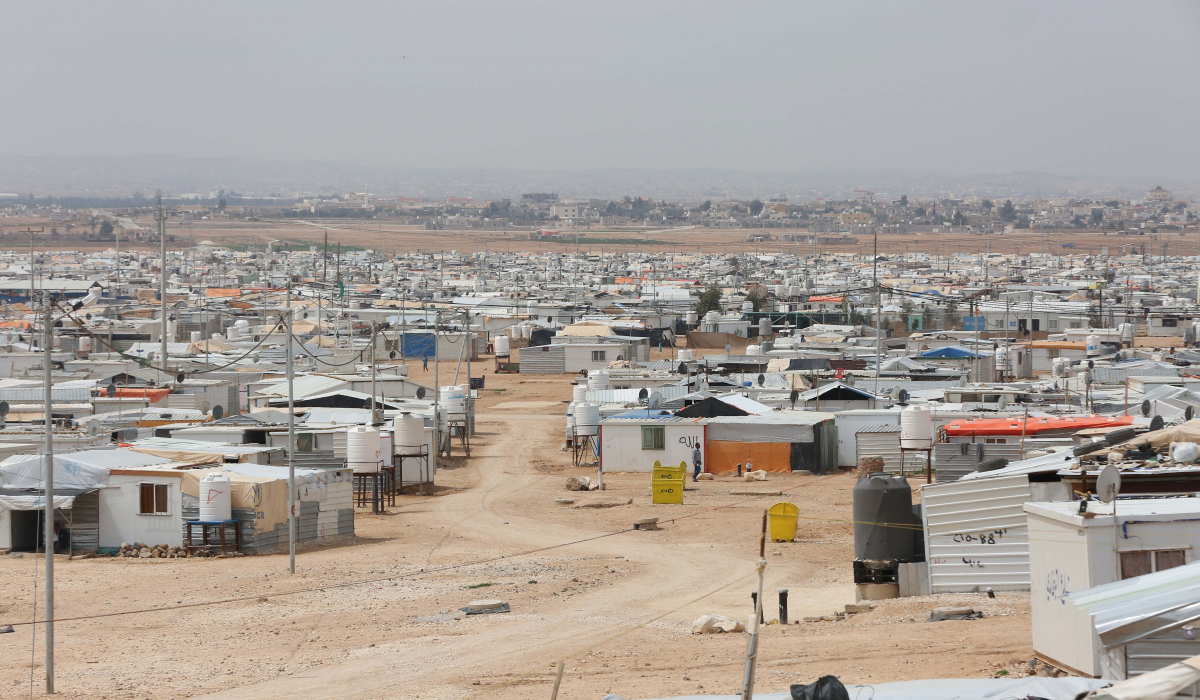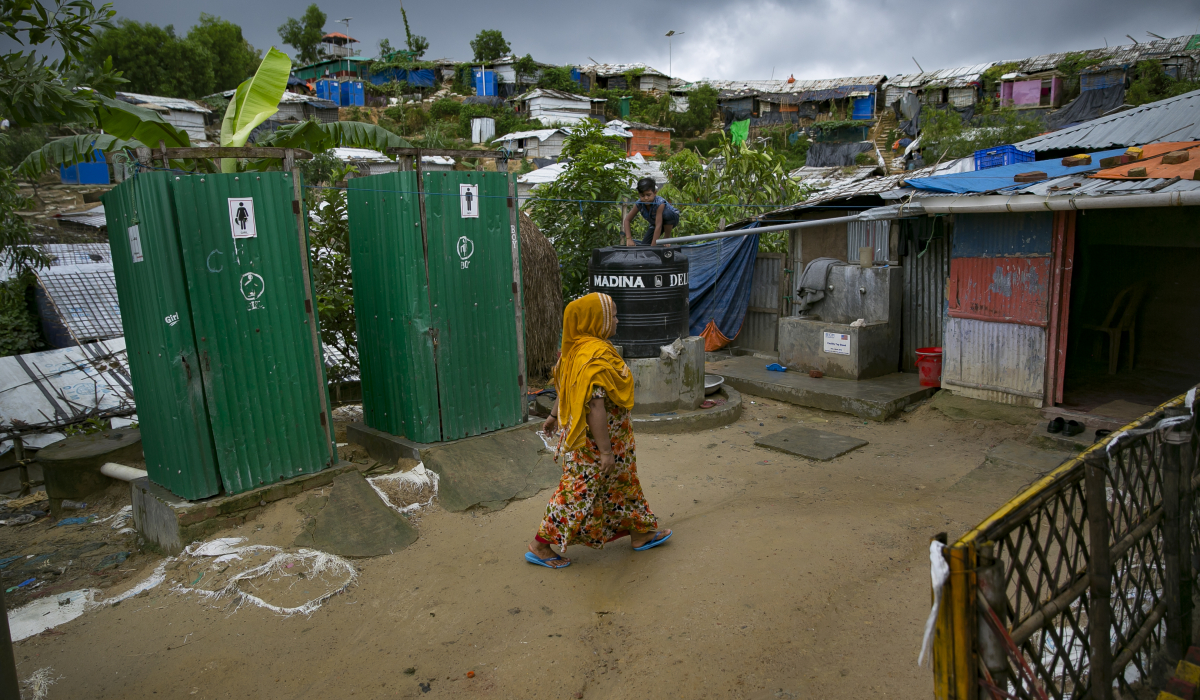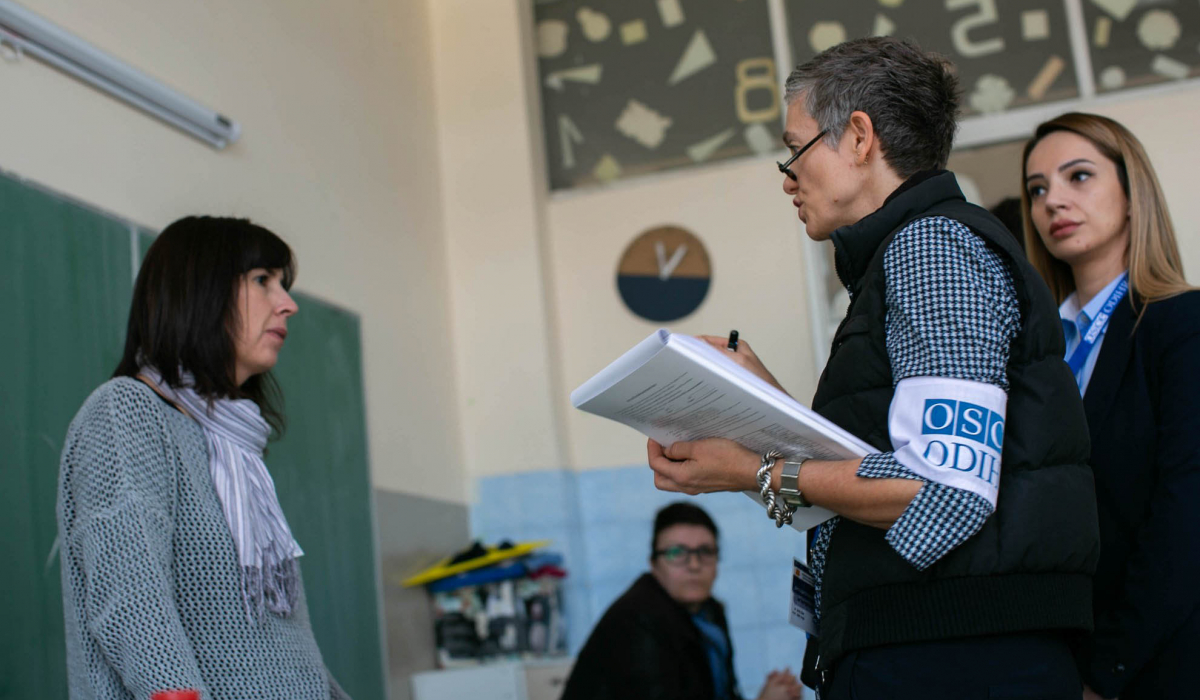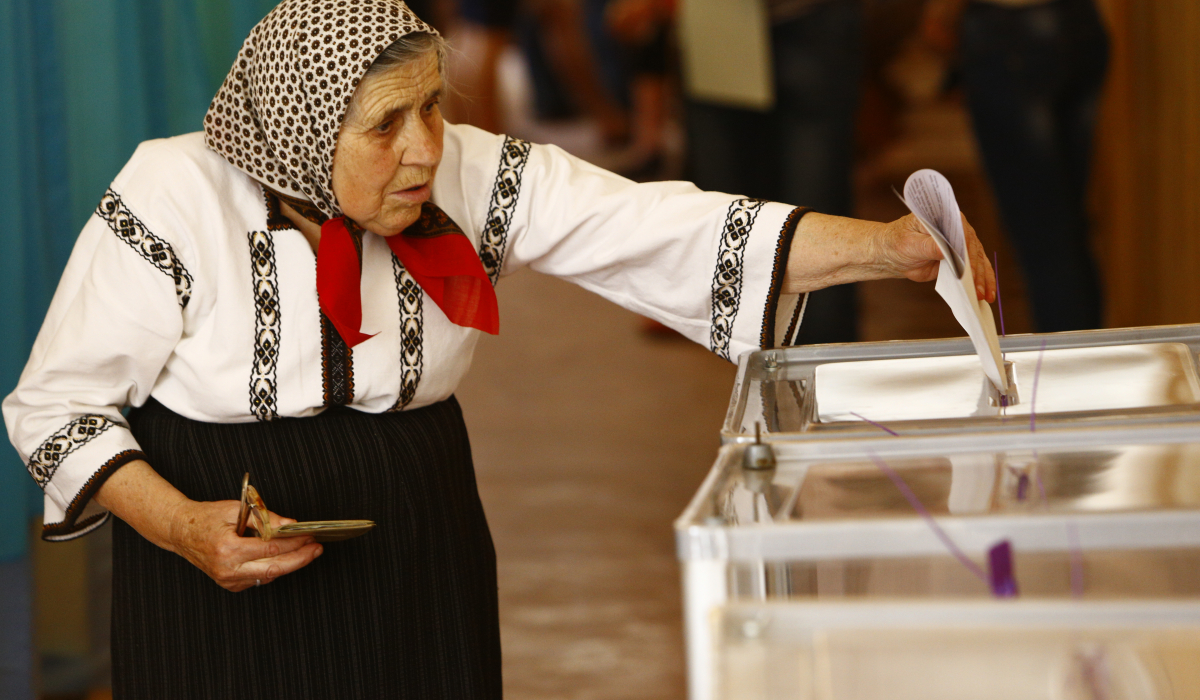Working in International Operations
Graphic: Secondments in the Year 2019
Graphic: Election Observation in the Year 2019
Election Observation Missions
ZIF sends around 300 to 400 election observers per year to approximately 30 EU and OSCE/ODIHR election observation missions. Since its founding, ZIF has trained a total of over 1,000 election observers in ZIF Short-term and Long-term Election Observation courses and sent 5,600 election observers to EU and OSCE/ODIHR missions.
Working in a Peace Operation
Your experience in a peace operation depends on the location, the mission and your tasks. Here are a few examples of what it’s like to work in a peace operation.
Insights into Working in a Peace Operation
What Is It Like to Work in a Peace Operation?
Duration:
As a rule one year with the possibility of extension.
Everyday work routine:
You are assigned to a peace operation, working in one of the implementing organisation’s offices in the host country, or in the secretariat or headquarters of an international organisation. Our partner organisations and your colleagues on site establish contact with you prior to your deployment and support you before and after your arrival. Your responsibilities are defined by the vacancy annoouncement and by the peace operation itself.
Housing:
The housing situation is determined by the prevailing security situation at your place of deployment. Depending on the security situation and conditions on the ground, you will live either in a secure compound together with other staff of the organisation, in a hotel or in your own accommodation that you rent on the local housing market.
Support:
As an employee of ZIF, you will be fully integrated into the partner organisation. ZIF will remain in contact with you during the course of your deployment, and you can always contact your desk officer at ZIF with any questions.
Working in a Humanitarian Operation
Your experience in a humanitarian operation depends on the location, the mission and your tasks. Here are a few examples of what it’s like to work in a peace operation.
Insights into Working in a Humanitarian Operation
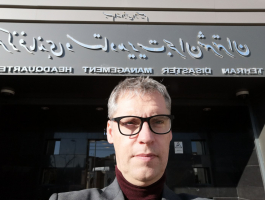
What Is It Like to Work in a Humanitarian Operation?
Duration:
As a rule three to twelve months.
Everyday work routine:
You will work directly in one of the regional, national or field offices of our UN partner organisation. Our partner will pick you up from the airport and give you a security briefing, as well as any other specific instructions you may need. Your responsibilities will be determined and coordinated with you prior to your departure.
Housing:
The housing situation is determined by the prevailing security situation at your place of deployment. Depending on the security situation and conditions on the ground, you will live either in a secure compound together with other staff of the organization, in a hotel or in your own accommodation that you rent on the local housing market.
Support:
As an employee of ZIF, you will be fully integrated into the partner organisation. ZIF will remain in contact with you during the course of your deployment, and you can always contact your desk officer at ZIF with any questions.
Working in Election Observation Mission
Your experience in an election observation mission depends on the location, the mission and your tasks. Here are a few examples of what it’s like to work in a peace operation.
Insights into Working in an election observation mission

What Is It Like to Work in an Election Observation Mission?
Duration:
As a rule, short-term observers (STOs) are assigned to the election location for a period of seven to ten days around election day. By contrast, long-term election observers (LTOs) generally spend four weeks to three months in the host country.
Everyday work routine:
Election observers are deployed to observe the electoral process. Their responsibilities include gathering information and compiling reports, but without intervening in events. STOs join the mission around election day to observe the electoral process, in particular the polling stations and the counting of votes. LTOs, by contrast, arrive in the host country several weeks before the election, establishing contact with the electoral authorities, political parties, candidates, civil society and other actors throughout the country; their objective is to evaluate the preparation and implementation of the elections.
Housing:
At the start of the mission, LTOs are housed in a hotel in the capital. After their transfer to their actual place of deployment, they arrange for their own accommodations, either in a shared LTO apartment or in a hotel. STOs are almost exclusively housed in hotels that are organised by the mission.
Support:
Prior to your deployment, you will receive training to prepare you for the election observation operation. ZIF will remain in contact with you during the course of your deployment, and you can always contact your desk officer at ZIF with any questions.
On Your Way to a Peace Operation
If you are a German national and have relevant expertise, ZIF can offer you the chance to deploy to a peace operation, as well as
- Professional pre-deployment preparation
- Comprehensive support before, during and after deployment and
- An employment contract with ZIF in accordance with German labour law and with an attractive salary.
